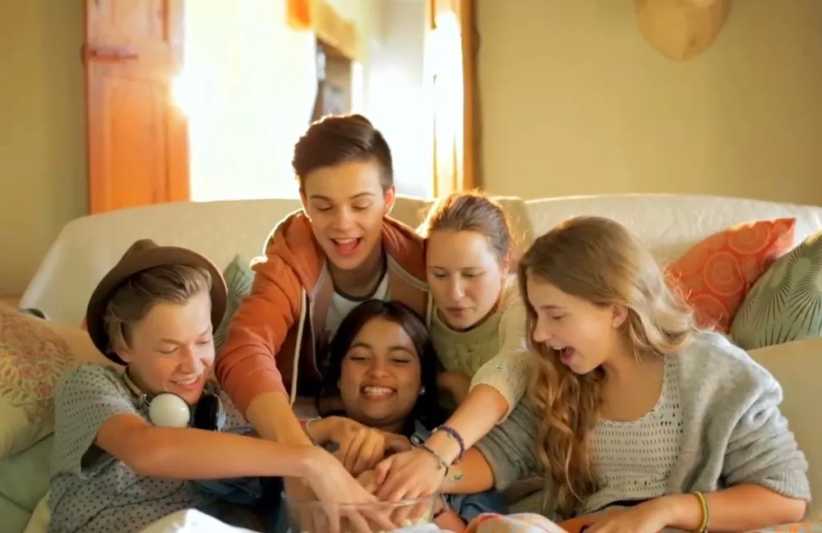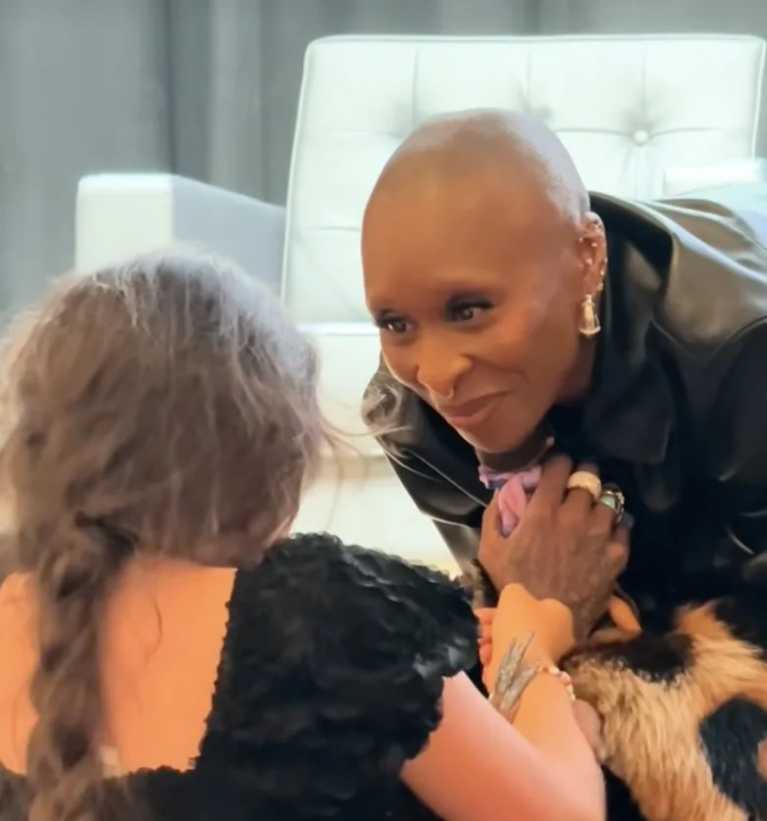Editor’s note: Now that we’re in the midst of school admissions season, we know many parents are wondering how much and what kind of guidance to give their child when it comes to presenting themselves during interviews. We knew there was no one better to turn to for age-appropriate interview advice than Faye de Muyshondt, the founder of socialsklz:-), which offers interactive workshops and classes for children on interviewing and everything from stress management to building self-esteem and confidence.
When the words “interview” and “children” are mentioned in the same sentence, odds are it’s met with a cringe or gasp. However, here in New York City, interviews are often part of school admissions starting as early as pre-K. For kids learning the interview process, I say the earlier the better. Why? Making a strong, lasting impression—an ability that requires practice and effort—is an integral skill that should not fall by the wayside. Parents spend hundreds of hours (and dollars) on a child’s academics and building their IQ with enrichment programs, test prep, and tutors. But more often than not, there is no time spent on EQ (emotional intelligence), or on the soft skills–such as their social skills.

Unfortunately, the soonest many of us ever have an interview is for our first jobs and without proper prep, that process could be an utter disaster. My first interview experience definitely fit that bill. The job interview was preceded by weeks of anxiety and anticipation and ultimately, I was overcome with fear. I responded to questions with brief phrases and one-word answers, afraid to be seen as “bragging” about myself. This made the interview less of a reflection of my character and credentials and more of an interrogation. Knowing I’d bombed the interview, I walked out with a sense of failure, and worse spent years trying to overcome the damage that I’d done to my own self-esteem.
So, why not spend a bit of time preparing your kids for the interviews that they’ll inevitably experience this school year or a couple down the road? The more comfortable kids become with responding to questions and understanding how they come across when they speak, the better chance for their success!
Here are a few tips to work on at home:
1. FIRST IMPRESSION
It takes 3-5 seconds to make a first impression. Studies show that your non-verbal first impression has more of an impact than anything you say. Ask your child how he or she wants to come across, and then help her come across that way. Does his or her body language, facial expression, and eye contact match the way he or she wants to come across? And be sure these skills continue to be used throughout the interview.
2. SHAKING HANDS
Guide your child on what a proper handshake consists of (eye contact, good body language, a smile, meeting hands web-to-web with a firm grip). Help kids understand that we shake hands to introduce ourselves and to say goodbye, both during interviews and throughout life! (see chapter one of socialsklz:-) for SUCCESS).
3. INTRODUCTIONS
Explain to kids how to introduce yourself properly, “Hello, I’m FIRST + LAST NAME.” If the name of the interviewer is known ahead of time, even better! For example, you could say, “Hello Ms. de Muyshondt, my name is FIRST + LAST NAME.”
4. SELF-AWARENESS
It’s important for children to develop a sense of self-awareness for their interviews, and for life in general. Upon walking into the interview room, ask: “May I sit here?” And at the end of the interview, be sure to push in your chair and collect anything you brought in with you. Express gratitude for the time spent together by saying: “Thank you for taking the time to meet with me.”
5. PRACTICE
Review what your child plans to share during his or her interviews. Explain that this is the time to share his or her story–academics, hobbies, passions, sports, and personality! It’s one thing to say you are a soccer player, but it becomes a lot more interesting when you share how long you’ve played soccer, what position you play, and the lessons you’ve learned on the field. Additionally, do a mock interview with your child. Taping it and playing it back is that much more beneficial and can serve as a means for your child to see for him or herself what he or she wants to work on.
To learn more about socialsklz:-), visit socialsklz.com!
Faye de Muyshondt is the founder of socialsklz:-), and the author of the book socialsklz:-) for Success, which Parents magazine described as “a cutting edge, must-read manual for raising polite and safe kids in the digital world.” She is also a contributor to New York Family, the “TODAY Show,” and NBC’s Parent Toolkit.













